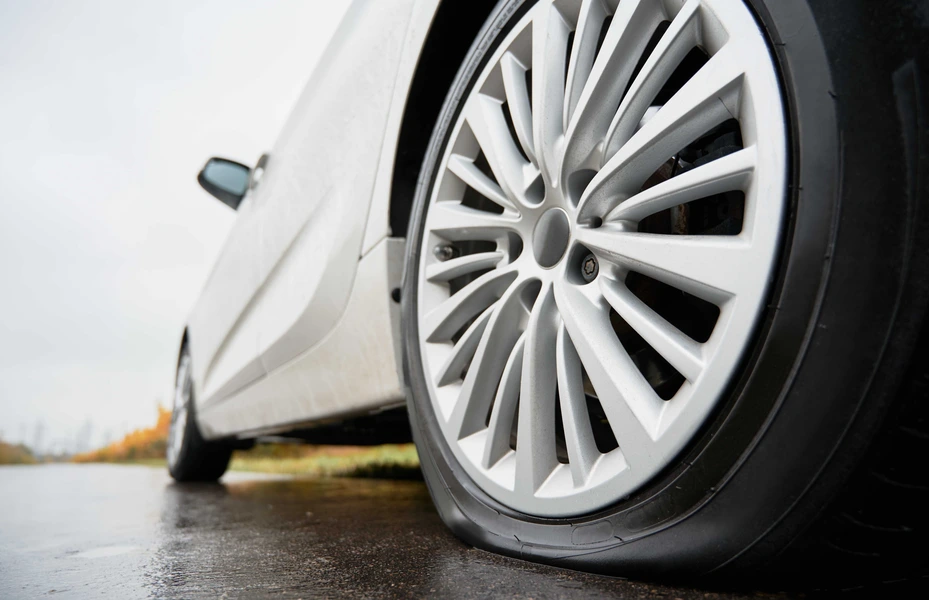Flat tires can strike at the most inconvenient times, turning a smooth journey into a potential nightmare. Whether you're on a highway, city street, or a remote country road, being prepared for this common mishap is crucial. With the right tools and knowledge, you can handle a flat tire like a pro and be back on your way in no time. Read on for essential tips to ensure you're ready for this common car woe.
1. Regular Tire Checks
-
Tire Pressure: Always maintain the recommended tire pressure for your vehicle. Under-inflated tires are more prone to punctures and blowouts.
-
Inspect for Wear: Regularly inspect your tires for any signs of wear, damage, or foreign objects like nails.
2. Equip Your Vehicle
-
Spare Tire: Always carry a properly inflated spare tire. Make sure it's in good condition and suitable for use.
-
Tools: Ensure you have a functioning jack and lug wrench. Familiarize yourself with their usage.
-
Emergency Kit: Keep an emergency kit in your car that includes items like a flashlight, gloves, reflective triangles or flares, and a rain poncho.
3. Know the Basics of Changing a Tire
If you've never changed a tire before, now's the time to learn. There are numerous online tutorials and manuals specific to your vehicle model. Some key steps include:
- Finding a safe spot to pull over
- Using the parking brake
- Loosening the lug nuts before jacking up the car
- Safely lifting the vehicle with a jack
- Replacing the flat tire with the spare
- Tightening lug nuts in a criss-cross pattern to ensure even pressure
4. Consider Roadside Assistance
Many insurance policies and vehicle warranties come with roadside assistance. Familiarize yourself with the services they offer and have their contact information stored in your vehicle.
5. Drive Smart
Avoid driving over potholes, sharp objects, or any debris on the road. Also, avoid heavy braking and rapid accelerations, as these can wear out your tires faster.
6. Tire Sealant as a Temporary Fix
Having a can of tire sealant can help you in a pinch. It can temporarily seal minor punctures, allowing you to reach a nearby service station.
7. Stay Calm and Safe
If you experience a flat tire, don't panic. Safely navigate to the side of the road. Always ensure you're out of the flow of traffic when changing a tire and use your hazard lights.
8. Regular Tire Rotations and Balancing
Getting your tires rotated and balanced as recommended can ensure even wear and prolong their lifespan.
9. Invest in Quality Tires
While it may be tempting to opt for cheaper tires, investing in quality tires from reputed brands can save you from frequent tire issues.
10. Educate Passengers
In case you're not the one driving or if you're incapacitated, it's a good idea to ensure other regular passengers or family members know how to change a tire.
Being prepared for a flat tire can be the difference between a minor inconvenience and a major disruption. With these tips, not only can you ensure your safety, but you can also confidently tackle the situation. So the next time your tire goes flat, you'll be ready!
Call me if you're ready to get in a new set of wheels!
Matthew
(715) 965-5844
Homer Skelton CDJR












